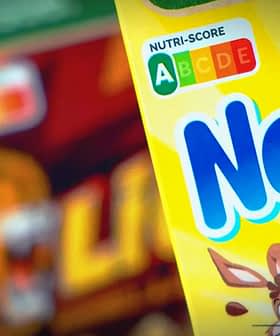FDA Reconsiders Standard for 'Healthy' Claim
The FDA will re-evaluate its regulations concerning nutritional content claims, including the use of the term “healthy.”
Washington attorney Creighton “Chip” Magid has challenged the FDA on questionable policies, particularly in relation to the U.S. Consumer Product Safety Commission, helping clients navigate the federal regulatory system. Recently, the FDA reversed a warning label requirement for products with high saturated fat content due to pressure from KIND, a company producing food bars with high nut content, highlighting the need for the FDA to re-evaluate its standards for deeming food products as “healthy” based on evolving nutrition research.
Over the past several years, Washington attorney Creighton “Chip” Magid has established a reputation for taking the FDA to task over some questionable policies.
A partner at the international law firm Dorsey & Whitney and head of its Washington D.C. office, Magid works with clients to reduce their liability risks and help them navigate the federal regulatory system, particularly in connection with the U.S. Consumer Product Safety Commission.
In a recent reversal by the FDA, a warning label requirement for products with more than 1 gram of saturated fat was removed when KIND, the company that produces food bars whose nut content yielded higher fat ratios, fought back.
In a May 2016 article in Lifeextension.com, Magid said that KIND was simply, “pointing out the absurdity of the FDA’s position, and pointing out the evolution of nutrition science over the past two decades.” As to that high-fat content, the company noted, the same could be attributed to avocados and salmon.
According to Magid, a bigger picture is now in play as the KIND case has forced the FDA to review its standards for deeming food products as “healthy.”
Examining products’ nutritional contents individually, rather than as part of a sub-category like “fats” is the practical next step, he notes, and he points to some disturbing evidence that “fat-as-unhealthy” was a precept put forth by the sugar industry lobby.
The FDA now says it will, in fact, be re-evaluating its regulations concerning nutritional content claims, including the use of the term “healthy” based on evolving nutrition research that continues to show that certain fats like extra virgin olive oil are not only nutritious but hold astounding health benefits.
“The FDA’s move will likely lead to a pause in the extensive litigation against the food industry regarding allegedly deceptive ‘healthy’ labeling, as the courts wait for FDA to take a position,” Magid adds.








